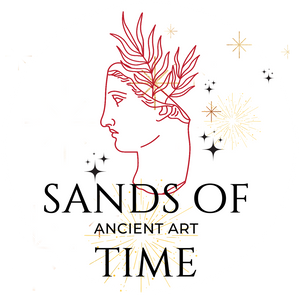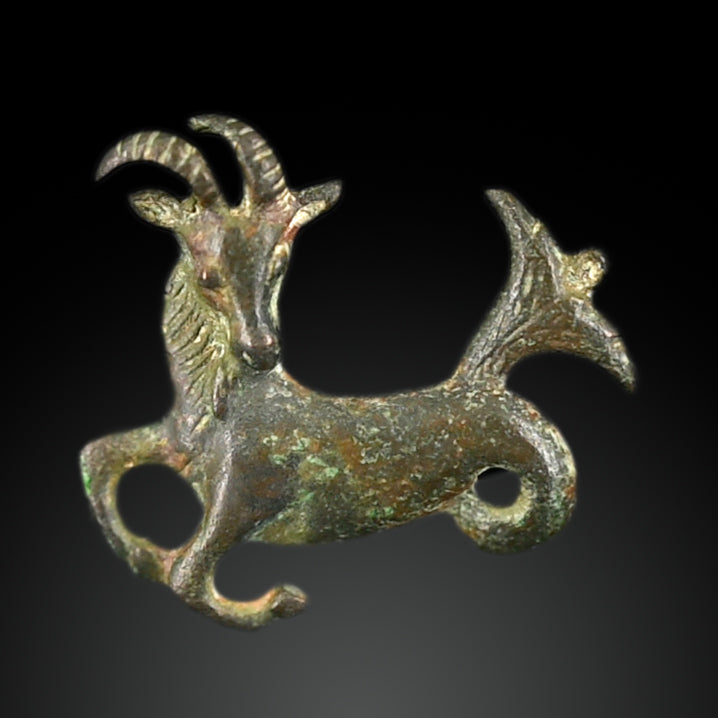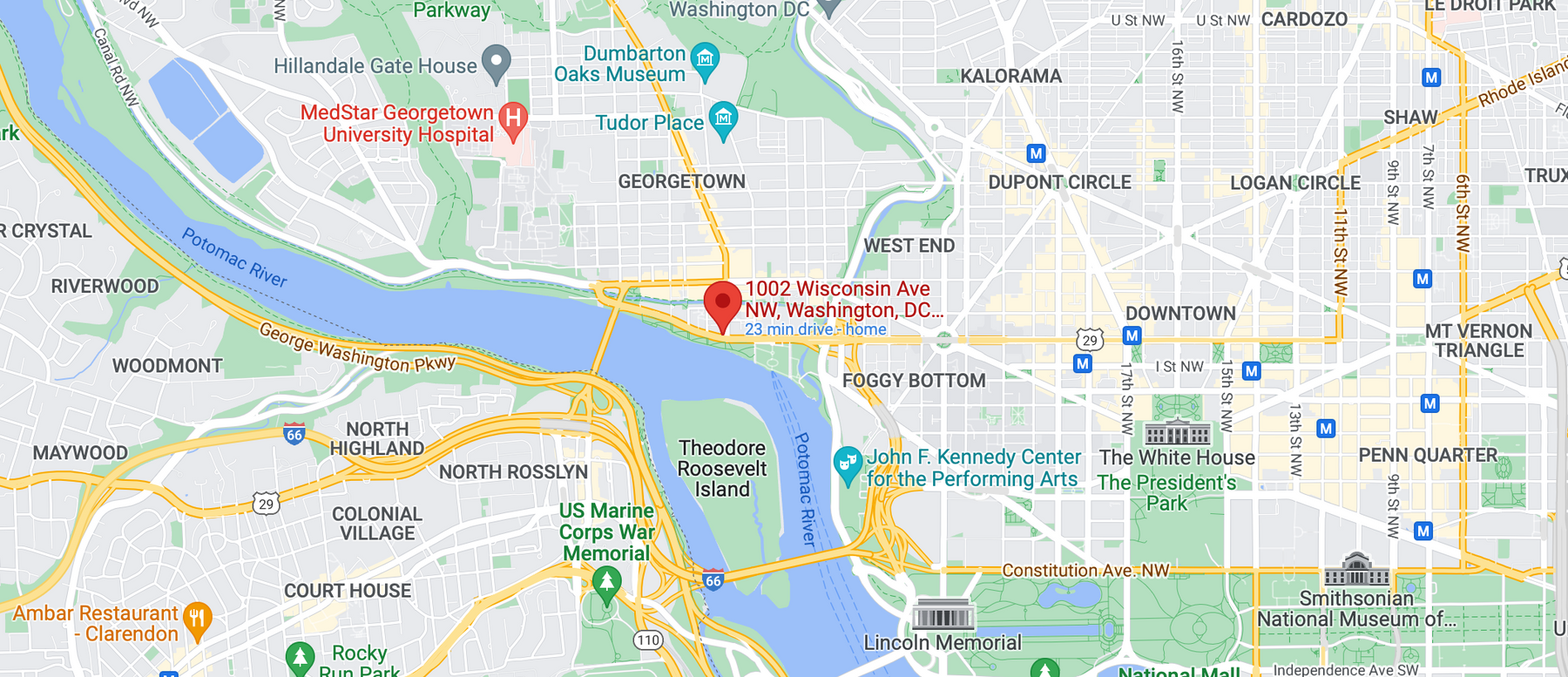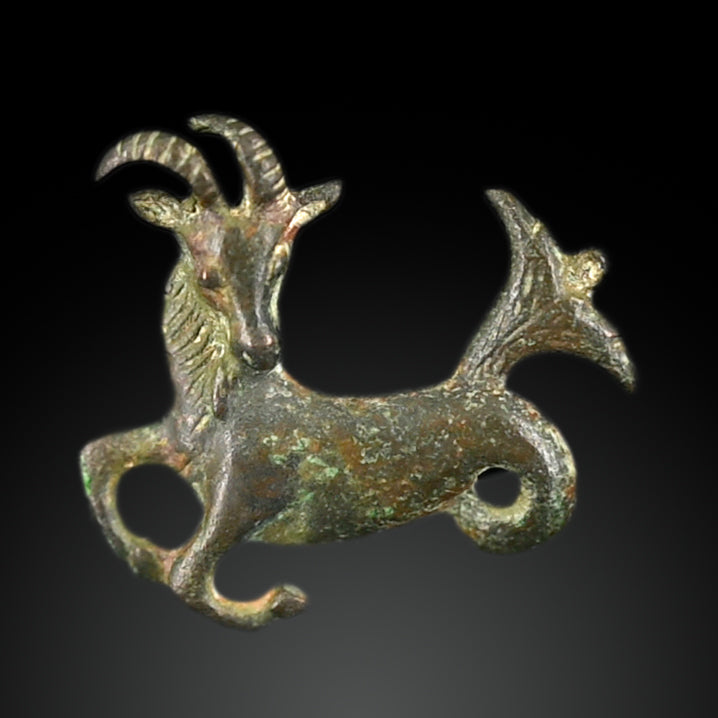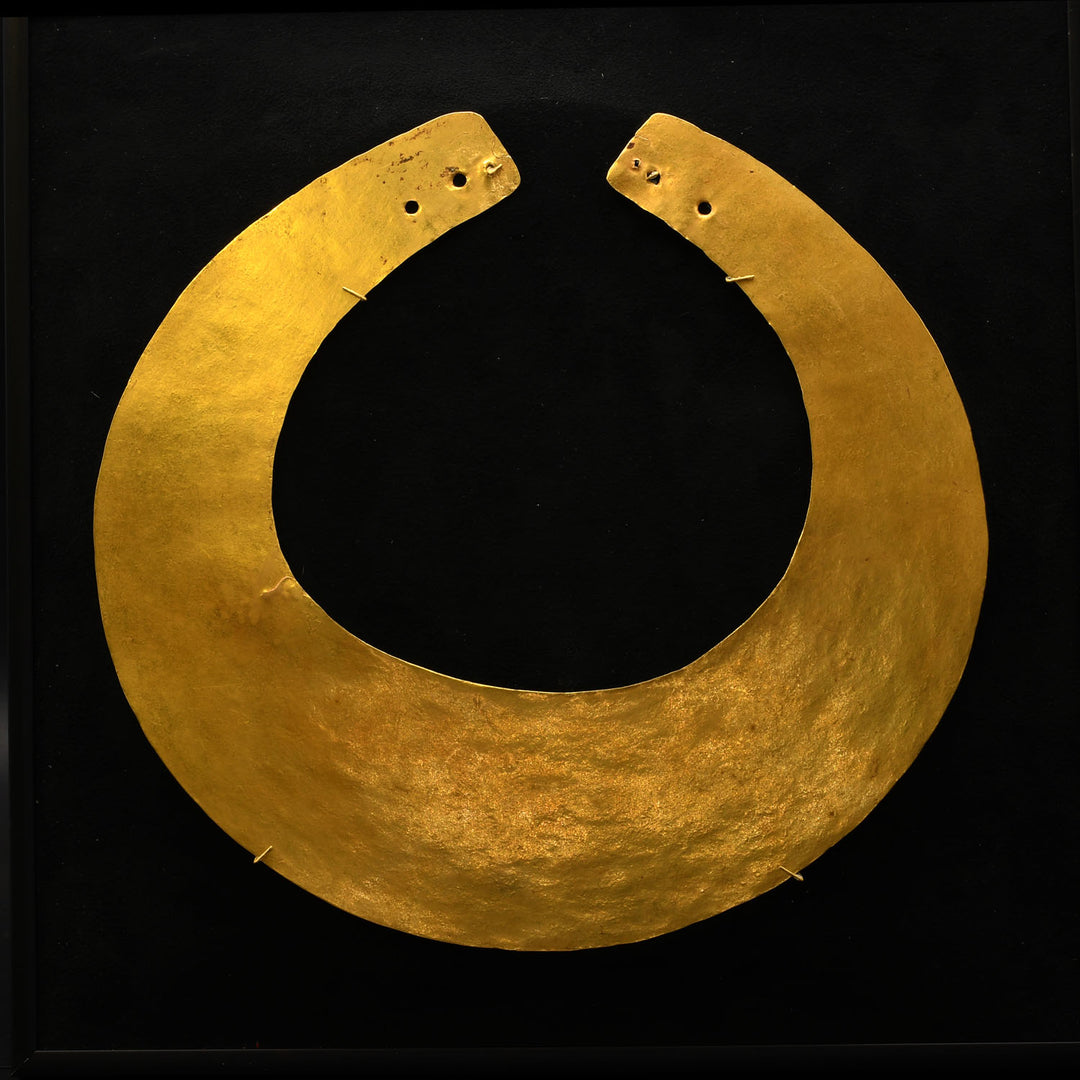A fine Egyptian Early Dynastic Breccia Bowl, Dynasty 1, ca. 2920 - 2649 BCE
EV2307
Hand-carved from a single piece of dappled pink and cream breccia, this fine convex-sided bowl with an inverted flat rim is an excellent example of a known type attributed to the Early Dynastic Period in Egypt. Mined in Upper Egypt, breccia was highly prized by the Ancient Egyptians for its multicolored appearance, but the large, angular fragments of white limestone in a matrix of iron-rich, reddish calcite made it especially difficult to work as the inclusions were often not well cemented in the matrix.
In Ancient Egypt the stone vases were considered as first rate luxury objects: they appear only in the royal tombs as well as in the graves of the elite. The art of vessel carving had already reached its peak as far back as the Old Kingdom: for example, the artisans working under the pharaoh Djoser can be credited with tens of thousands of vessels that were placed in the magazines of the step pyramid of Saqqara – we are referring to 30 – 40,000 vases of various shapes and materials, the majority of which were found broken. The creation of these objects is a frequent subject in Old Kingdom painted murals, but very few ancient workshops have been discovered.
The iconography indicates the carving commenced with the sculpted exterior using copper tools before piercing the interior with the help of the hard stone drill; a stick would be forked at one end to hold an abrasive stone. To ensure even and centered drilling with the most stability, the rotation was achieved by alternating the drill from one direction to the other. These different steps were accomplished by placing the vase in a hole in the ground or on a worktable. The final polishing involved rubbing the surface with a hard stone, wet sand or emery. The art of the early Egyptian carvers was rarely surpassed in later periods, particularly in the making of similar hard stone vessels. This particular vessel was most skillfully carved, and the surface polished to most successfully reveal the natural structure and the contrasting colors of the stone. A fine and lovely example.
For vessels related in form cf: Ali El-Khouli, Egyptian Stone vessels PreDynastic Period to Dynasty III, (Mainz 1978), vol III, pl 102, nos 3700-3703,
W. M. Flinders-Petrie, Stone and Metal Vases, repr. 1977, pls. XIX- XXI, and
W. Needler, Predynastic and Archaic Egypt in The Brooklyn Museum, 1984, no. 129.
Published: Superior Galleries, Fine Antiquities Auction, June 8 - 9, 1993, lot #672
Bonhams, Antiquities Auction, October 2006, lot 5.
Medium: Breccia
Dimensions: Height: 3 5/8 inches (9.2 cm), Diameter: 7 1/2 inches (19 cm)
Condition: Some chips are missing, and some with minor infill; otherwise, the bowl is intact and in very good condition overall.
Provenance: Archaeologia Gallery, 1972-1983, Superior Galleries, Fine Antiquities Auction, June 8 - 9, 1993, lot #672, Bonhams October 2006, lot 5, private Virginia collection, acquired from the Canadian trade in 2014.
We ship Tuesday to Friday with FedEx and usually same day if your order is received before 2pm. Within the continental USA, packing, shipping and insurance is free. Depending on size and destination, delivery times range from one to five business days.
For overseas shipments we charge a small flat rate which includes packing, preparation of all customs paperwork, insurance and carrier fees in compliance with all USA and International customs requirements. Overseas shipments are sent using either USPS Priority Mail or FedEx but contact us if you have a shipping preference. International customers are responsible for all duties and taxes.
